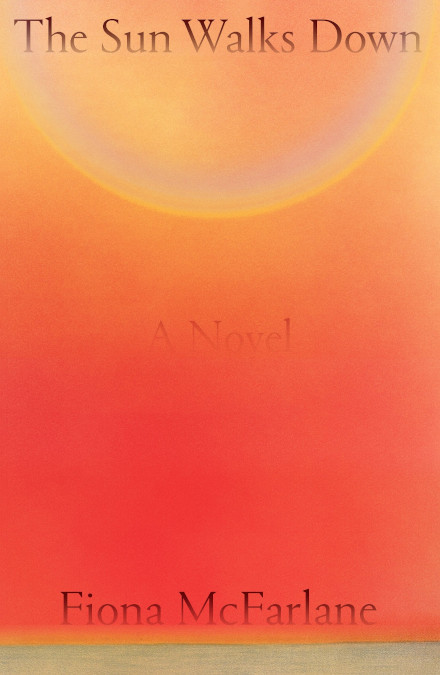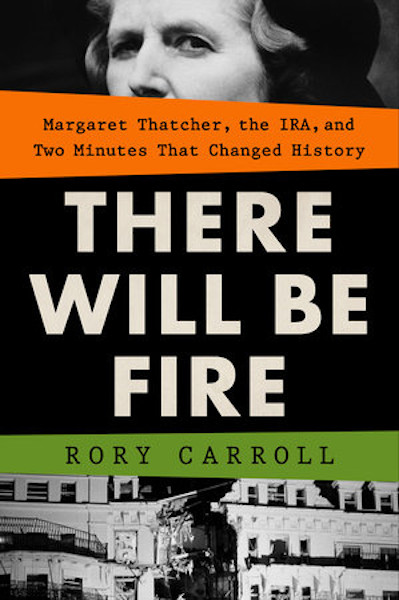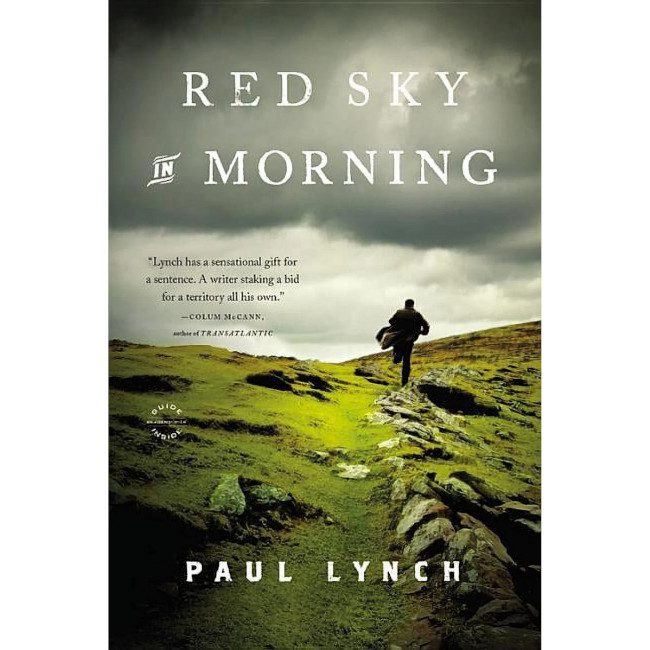A Look at the Best Books of 2023 and Other Favorites

Here are my personal best books of 2023, as well as other novels from years past that provided the best kind of immersive reading experience.
The Sun Walks Down by Fiona MacFarlane
In 1883, a child goes missing in the barren landscape of southern Australia. This sets in motion a series of actions and consequences in and around the small community of Fairly.
Fiona MacFarlane’s debut novel, The Sun Walks Down, takes place over the course of a week. With each passing day, the search for Denny Wallace grows more agonizing, for the citizens of Fairly and for the reader. The story moves without a bump among a teeming cast of characters, landing squarely on their passions and their sense of impending doom.
There are many places where the author could have lost the thread among the various townspeople, or failed to describe the Australian bush in fresh, interesting ways, or sacrificed narrative momentum over the space of 350 pages. MacFarlane nimbly sidesteps these obstacles. The Sun Walks Down is a rich, suspenseful novel that should solidify her status as a writer to be followed for years to come.

There Will Be Fire: Margaret Thatcher, the IRA, and Two Minutes That Changed History by Rory Carroll
On October 12, 1984, 100 pounds of gelignite exploded in the Grand Hotel in Brighton, England, where Prime Minister Margaret Thatcher was staying for the annual Conservative Party Conference. Five people perished in the ensuing devastation, and many more were wounded. The target of the bombing, known both lovingly and in the most hateful terms as the “Iron Lady,” barely escaped assassination.
Journalist Rory Carroll explores this watershed moment during the time of the Troubles in Northern Ireland. His book grows out of impressive archival research, as well as more than a hundred interviews with police detectives, ex-IRA members, politicians, bomb disposal experts, and many others.
The tone throughout the book is measured and evenhanded. When the plot to kill the Prime Minister coalesces around an IRA operative’s reconnaissance of the Grand Hotel, There Will Be Fire attains “can’t-put-it-down” status. The author wisely avoids taking sides in the bitter conflict, and his narrative achieves greater credibility as a result. This is reportage of a high order.

After the Funeral and Other Stories by Tessa Hadley
In her latest collection, After the Funeral and Other Stories, Tessa Hadley excels at describing small details—the way light falls in a room, the dysfunctional texture of family life. This attention to detail blends wonderfully with the characters she creates—smart women, sometimes attractive, sometimes indifferent to their own beauty—and their hectic inner lives.
The men in Hadley’s stories come across as blustery and self-absorbed. Time and again, they demonstrate scant interest in the dramas swirling around them. It’s the women who struggle with the passage of time and betrayals by friends or family members, all against a pervasive backdrop of decay and death.
If read too quickly, the stories in After the Funeral may seem to move in slow-motion. But read her pristine sentences more closely, and you’ll see just how much is really going on.

The Zone of Interest by Martin Amis
Last May, I was well into an enthusiastic rereading of The Zone of Interest (2014) a novel by Martin Amis. The story, a sort of love triangle among Nazi officers and an officer’s wife set in Auschwitz, is admittedly not a work of fiction that suits everyone’s taste. But for me, the British author’s stylistic wizardry—his black humor and hyperkinetic prose, one dazzling thumbnail character sketch after another—was on full display. The recently released film, based on Amis's novel, has also been hailed by critics as one of the best of the year.
Amis, aged 73, died on May 13.
Critics lambasted much of his later work (Yellow Dog, Lionel Asbo). My own take—having read nearly everything he wrote since London Fields (1999)—was just the opposite. For sheer verbal fireworks, and a mostly seamless blend of satire and rumination on the human condition, Amis always delivered.

Red Sky in Morning by Paul Lynch
Red Sky in Morning (2013) is the first novel by Paul Lynch, author of this year’s Man Booker Prize-winning novel, Prophet Song.
I came upon Red Sky in Morning by accident, but it took only a few pages to get sucked in. The writing is rough-hewn and hardscrabble, as befits its subject matter—a 19th-century Irish tenant farmer commits a murder and is pursued by authorities across the Atlantic—but Lynch pulls it off.
The influence of Cormac McCarthy weighs heavily on Red Sky in Morning (“The trees let slip the mantle of darkness, stretched themselves, fingers of leaves shivering in the breeze, red then goldening rays of light catching”). Still, the novel stands on its own—fully imagined and lived-in, with sentences that sing, dance, and erupt into sudden violence. A masterful debut.

Author Bio:
Lee Polevoi is Highbrow Magazine’s chief book critic. His new novel, The Confessions of Gabriel Ash, was published in 2023.
For Highbrow Magazine































































































































































































































































































































